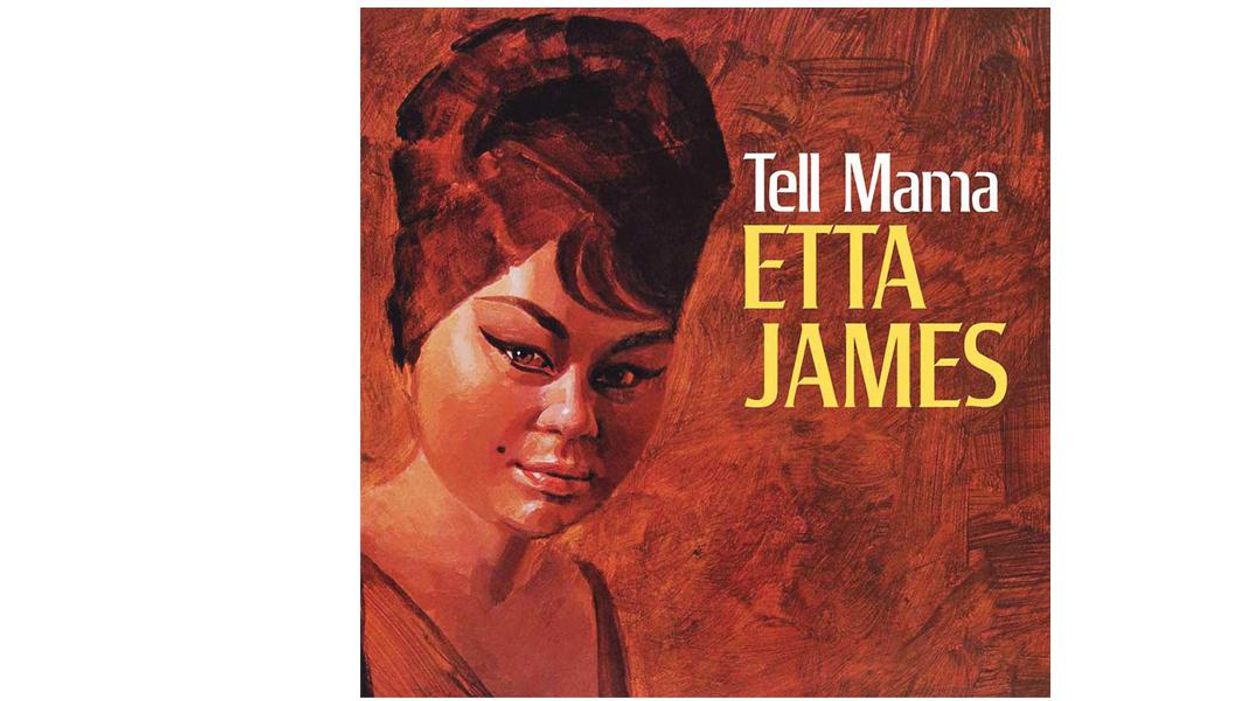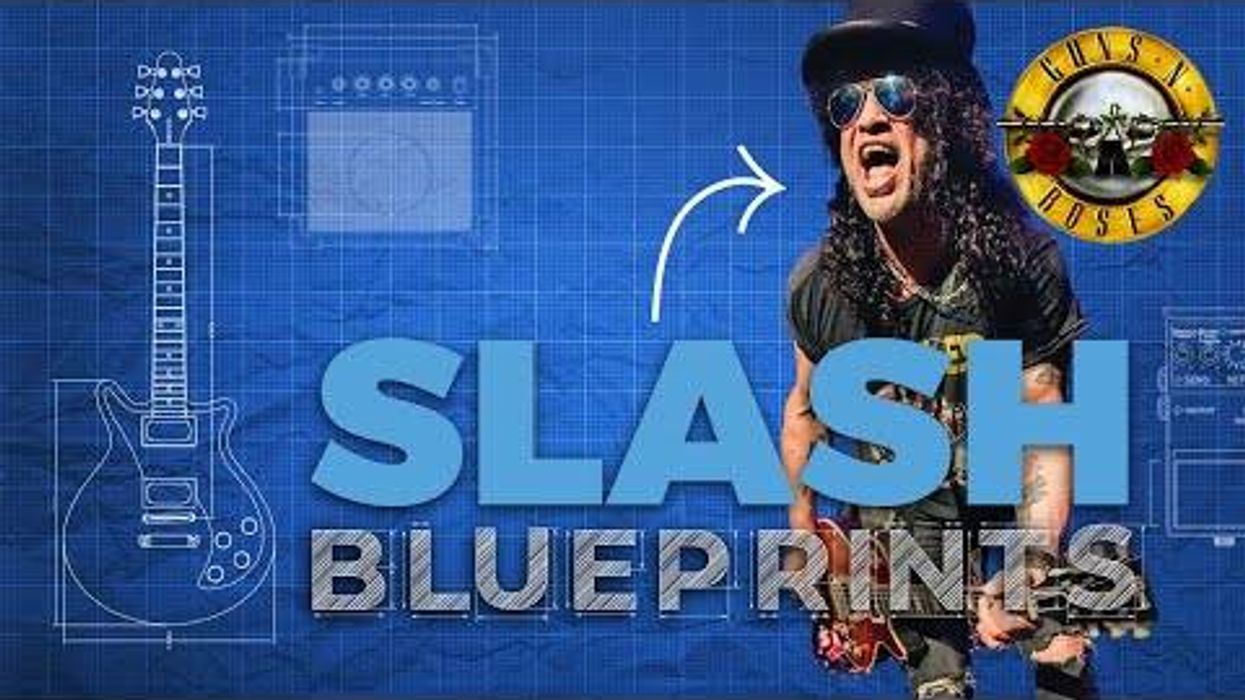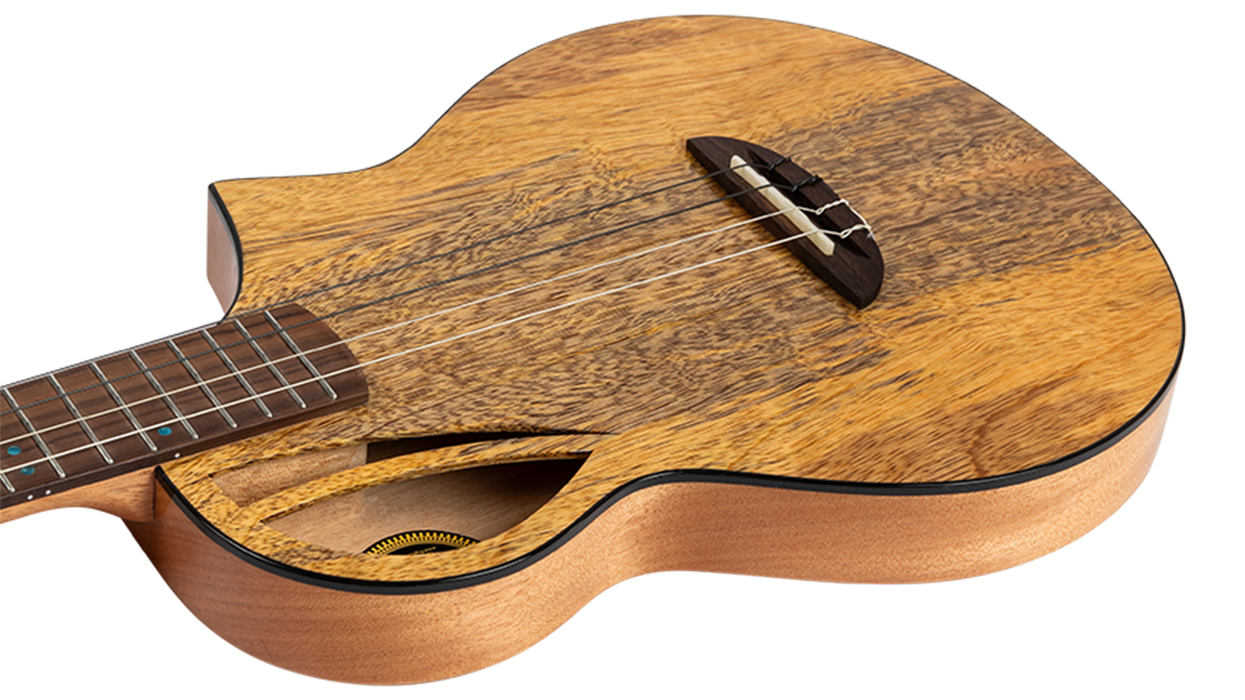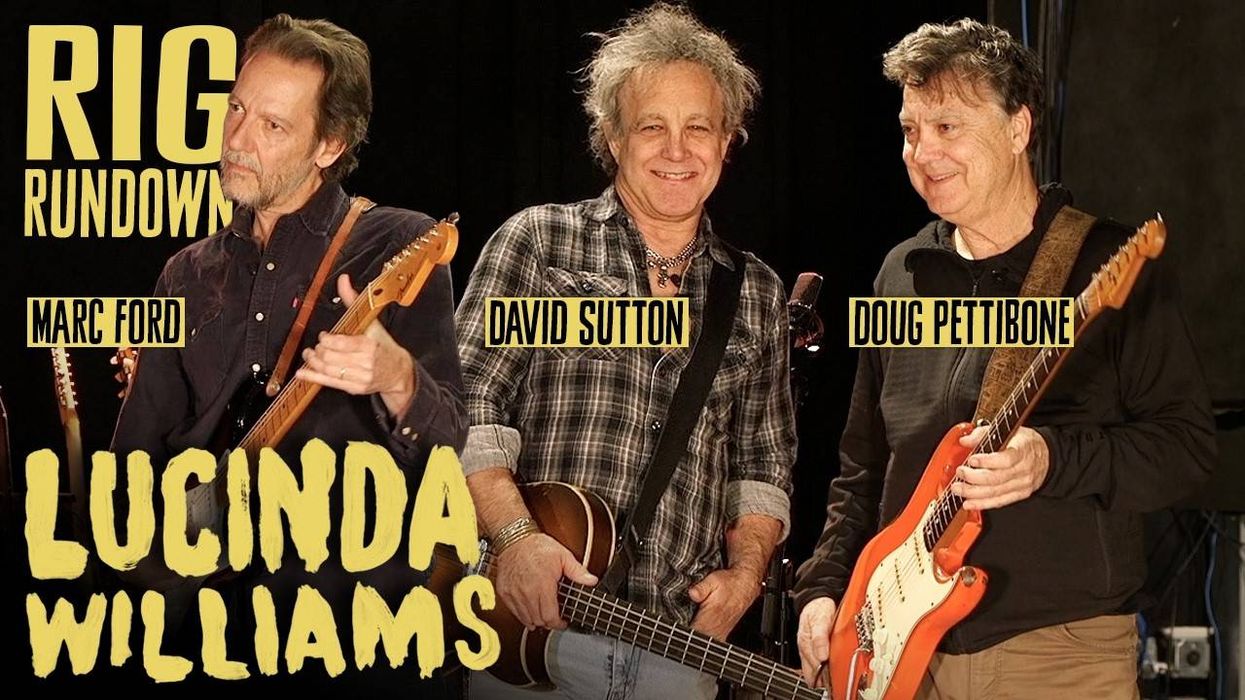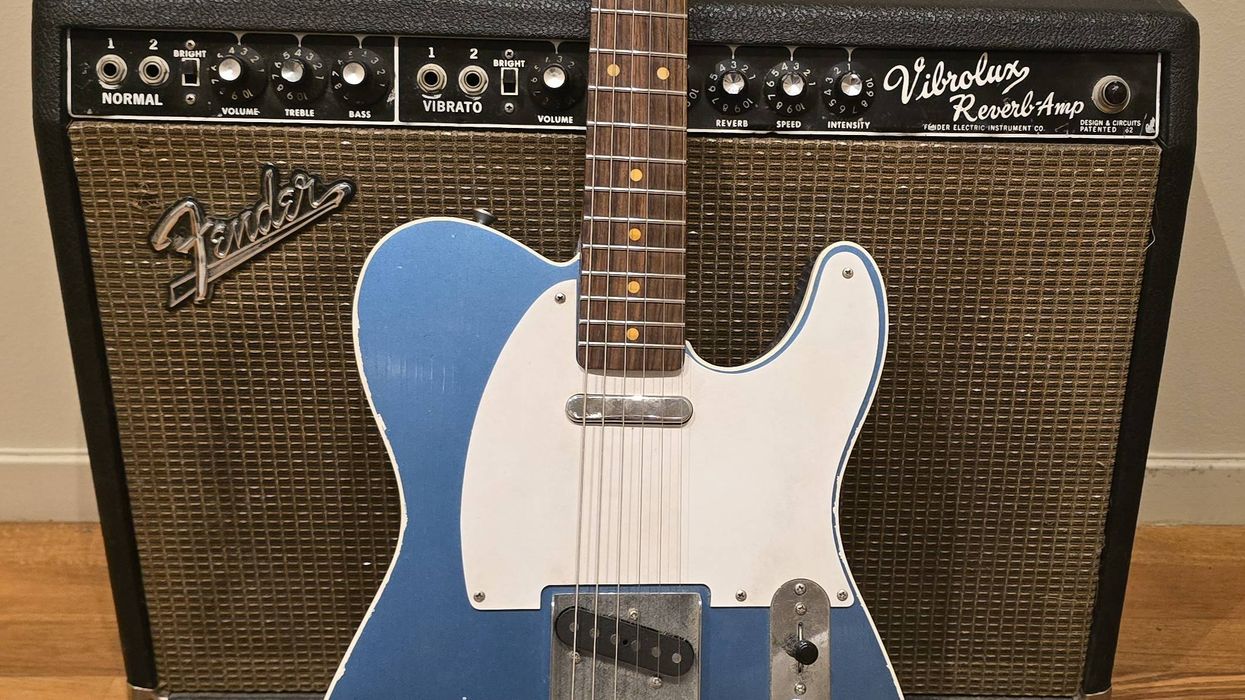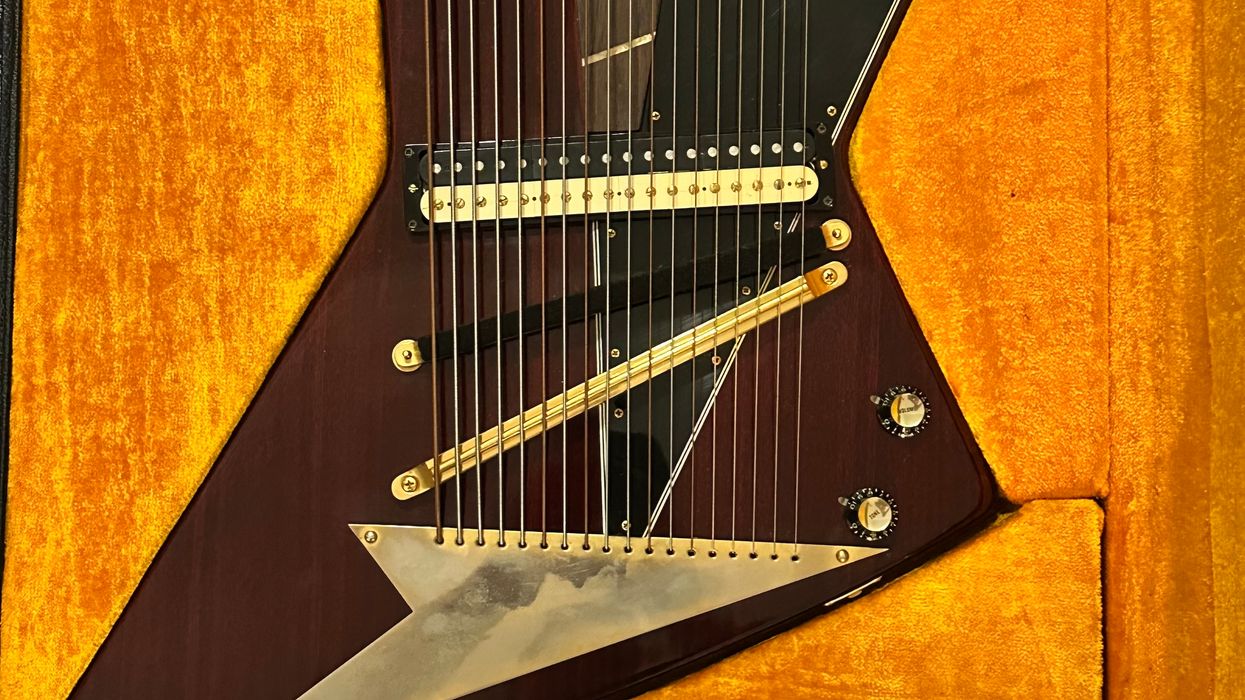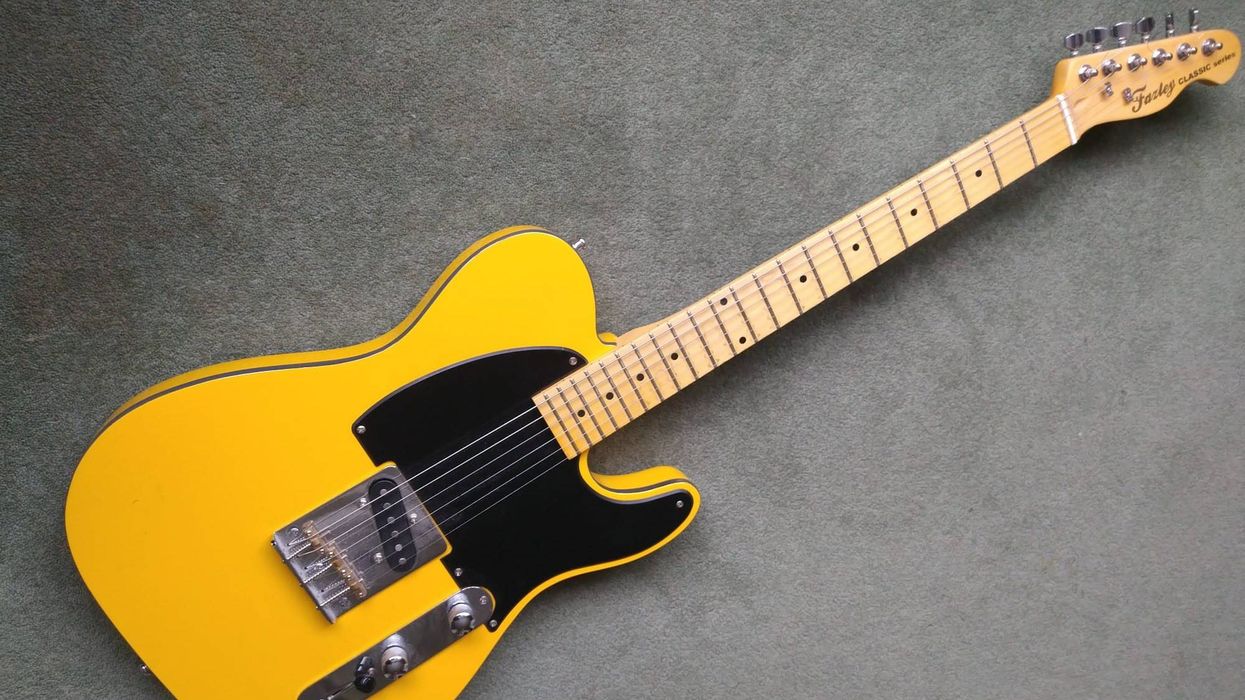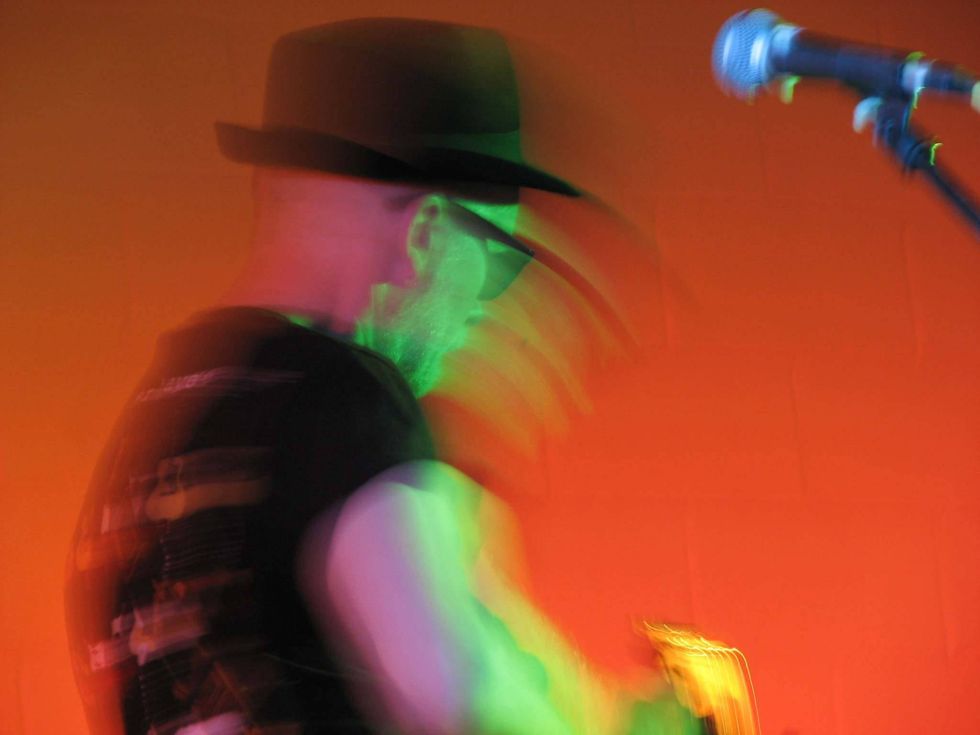Let's start this column with a tasteless yet germane joke.
Scientists want to know if canines learn by observing human behavior. They borrow the dogs of a physicist, a mathematician, and a musician, and then observe as the dogs are set loose in a room with a big pile of bones. The physicist's dog runs straight to the pile of bones and began arranging them with his snout, eventually spelling E = mc2. The scientists are amazed.
The mathematician's dog then runs to the pile of bones and arranges them on the floor to form π = 3.14. The scientists are astounded and quickly scribble copious notes in their journals.
The musician's dog eventually wakes up from his nap, walks slowly over and eats all of the other dogs' bones, has sex with the other two dogs, takes a crap on the floor, and then asks if he can go home early.
The scientists write “hypothesis confirmed."
Why do musicians have a bad reputation? Because we've earned it. You don't have to dig too deeply to find examples of musicians behaving badly. Be it Ozzy or Izzy whizzing publicly (on the Alamo and in the galley of a commercial flight, respectively), Kid Rock, Axl Rose, or Billie Joe Armstrong randomly attacking fans, or any of the batshit crazy stuff Justin Bieber did in the past 24 hours, you'll never run out of musicians living up to our lowest expectations.
Which makes me wonder: Why does the ability to play music compel some musicians to act so douchey?
One could argue that the salient traits of douchebag musicians are also textbook tells for people with Narcissistic Personality Disorder. Take a look at this checklist that health care professionals use to diagnose NPD and compare it to the behavior of ego-driven, unpleasant musicians:
- Thinks about himself most of the time and talks about himself a lot
- Craves attention and admiration
- Exaggerate his talents and achievements
- Believes he's special
- Sets unrealistic goals
- Has wide, fast mood swings
- Has a hard time taking others' feelings seriously
- Strives to win, whatever it takes
- Fantasizes about unlimited success, money, and power
Narcissistic Personality Disorder is a mental illness, so to be clear, I'm not diagnosing anybody. (I'm not qualified to. I just like to read the Diagnostic and Statistical Manual of Mental Disorders and think about how messed up my friends, co-workers, and strangers are.) But it's not hard to imagine these NPD traits would be helpful for someone pursuing a career in music. To crave attention, exaggerate your talents, and strive to win above all with no regard for others sounds like the battle cry of many who succeed in showbiz. Also, it's no stretch that narcissists would be attracted to a career onstage that, at the least, can reward you with praise and, at the most, can reward you with praise, money, and power. According to the U.S. National Institutes of Health, 6.2 percent of the U.S. population has NPD, so it's probable that a few are working and succeeding as performing musicians. Still, NPD remains fairly uncommon, and there's a huge difference between having narcissistic personality disorder and just being a garden-variety douche, or GVD.
It's more likely that the musicians we see regularly in embarrassing TMZ videos are GVDs. In their defense, the music industry encourages it because:
1. Press fuels success.
2. The public loves watching a good train wreck.
Talent goes unnoticed and unrewarded more often than not, but dragging your genitals over the head of a security guard will always get you press. (I'm looking at you, Marilyn Manson.) If your ability does not make you famous, infamous is close enough. Best of all, infamy doesn't require years of practice. By stretching the boundaries of the maxim “there's no such thing as bad publicity," acting like the Supreme Leader of Douchemanistan will garner greater notoriety than working to become a better musician.
Although I love music, I'll scroll through 20 videos of people playing guitar on Facebook, but will stop to watch a video of Kanye West, Billie Joe Armstrong, or the guy from Smash Mouth acting like idiots. Idiocy draws consistently better than talent.
For many performers, being appreciated for your craft is the goal, but, when that doesn't work, being hated is the second choice. Being ignored is the nightmare.
Over 100 years ago, Joseph Conrad wrote about the fascination of the abomination. We all slow down to get a better look at car wrecks, we all feel compelled to read about catastrophes, and we enjoy a good celebrity meltdown. Maybe the compulsion to watch ugly behavior stems from our primitive wiring: We are drawn to cautionary tales because they ultimately aid in our survival. Whatever the reason, the populists love to watch idiots and the shallow with limited talent love to give them a show. “Look at me, look at me, look at me, I'm a celebrity."







